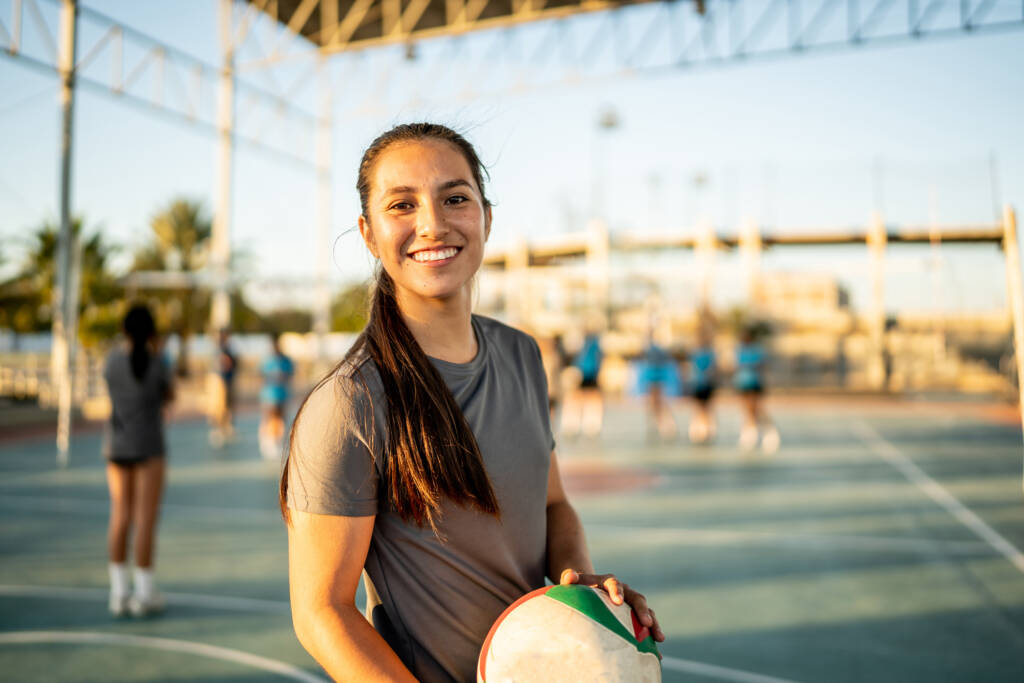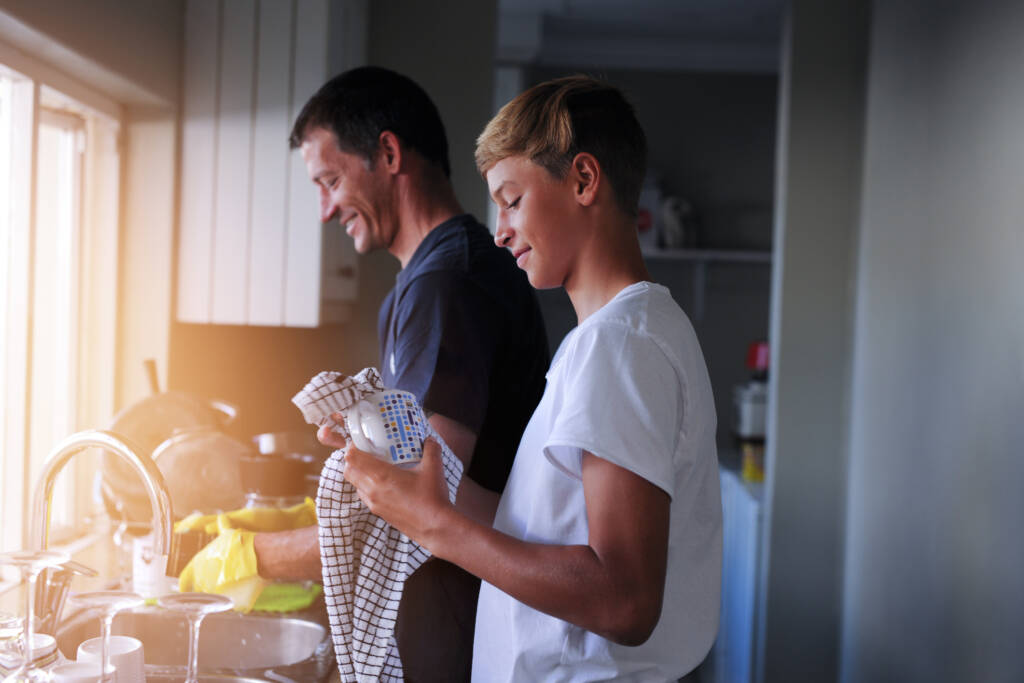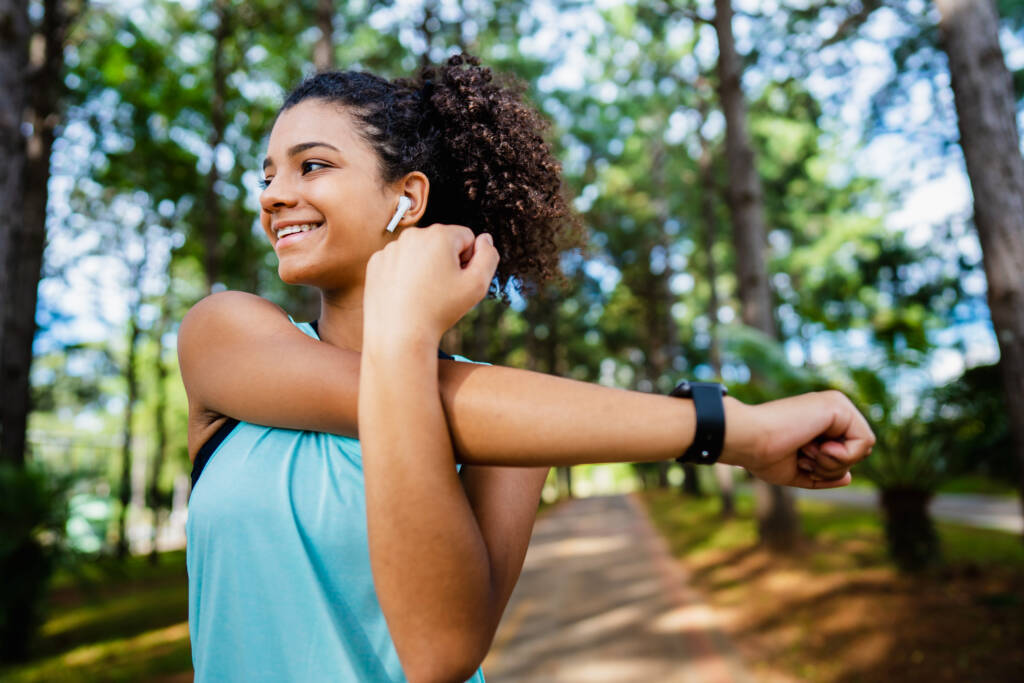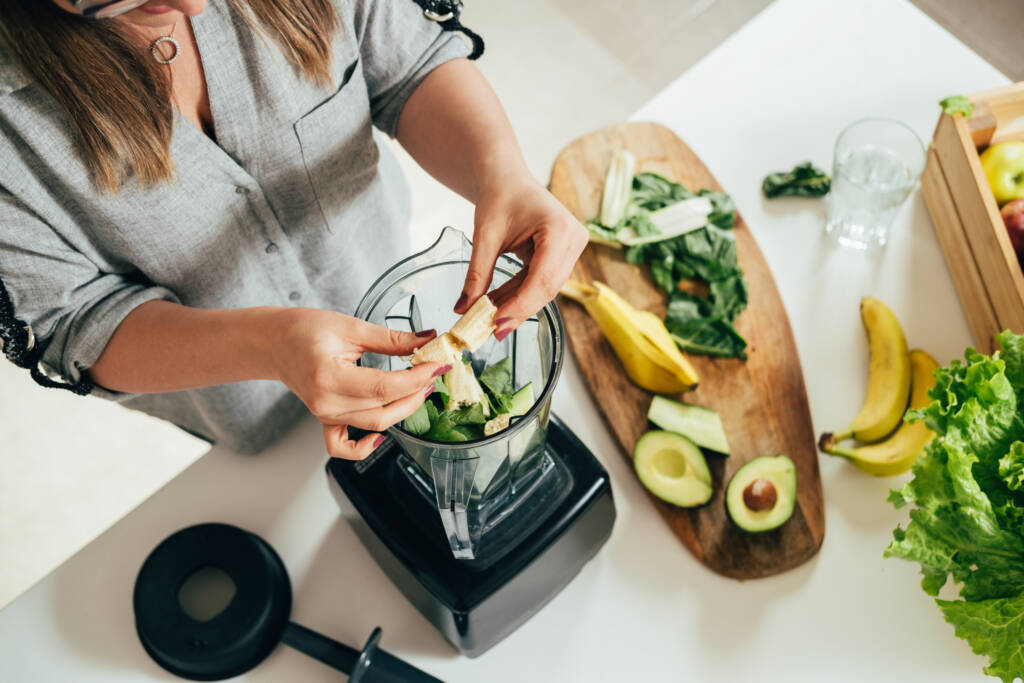
Life Management Skills (Health)

This course is all about you and the important decisions you make. It’s also about having the correct information before making those decisions. We’ll deal with real issues like nutrition, substance abuse, coping with stress, and what to do about sex.
How can you manage to juggle it all?! Learn how to prepare and deal with real issues that impact your everyday life, such as mental health, nutrition, disease prevention, substance abuse, personal health, and safety. This course provides you with the facts that you will need to make informed decisions that are necessary to lead a healthy lifestyle and improve your quality of life.
Major Topics and Concepts
Digital Life
Stress and Anxiety
Mental and Emotional Health
Time Management
Decision Making & Goal Setting
Making the Healthy Choice
Growing Pains
The More You Know
Be On the Lookout
Minimizing Your Risk
It’s Good to Have a Plan
Planning for Education
Navigating Healthcare
First Aid, CPR, and AED
Community Programs and Facilities
Eating Habits
Meal Planning
Weight Management
Food Access
Diets
Tolerance and Diversity
Healthy Relationships
Substance Use and Abuse
The Opioid Epidemic
Don’t Hold Your Breath
On the Road
Competencies
Managing Physical and Mental Health
Students will demonstrate an understanding of managing physical and mental health by explaining the impact of healthy habits on overall wellness, explaining the body and mind connection and describing strategies for meeting health goals.
Avoiding and Minimizing Risky Behaviors
Students will demonstrate an understanding of avoiding and minimizing risky behaviors by summarizing factors that influence behavior, explaining the access of information and services to enhance health, and describing disease prevention.
Family and Community Health
Students will demonstrate an understanding of family and community health by describing the use of interpersonal communication skills to enhance health, explaining the elements of health care plans, and explaining advocacy for family and community health to avoid health risks.
Healthy Eating
Students will demonstrate an understanding of healthy eating by explaining the benefits of healthy eating habits, explaining tools for eating healthy, and summarizing strategies for healthy food choices.
Creating and Maintaining Healthy Relationships
Students will demonstrate an understanding of creating and maintaining healthy relationships by explaining the importance of treatment of others with dignity and respect, explaining the avoidance of substance abuse, and summarizing the daily practices of health-enhancing behaviors.

